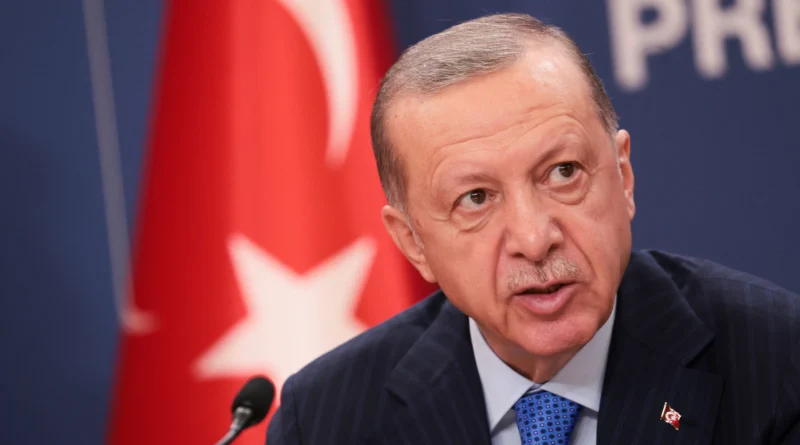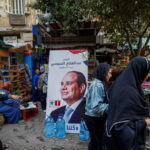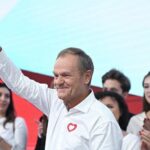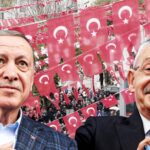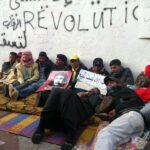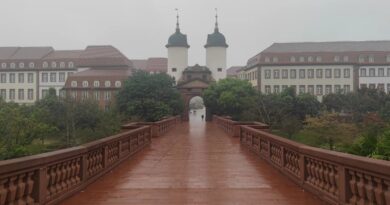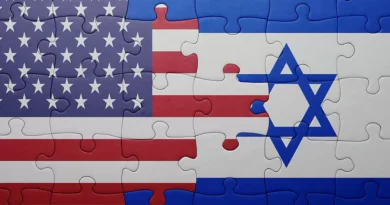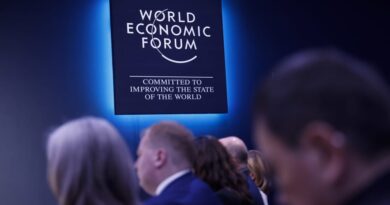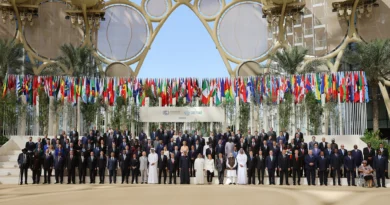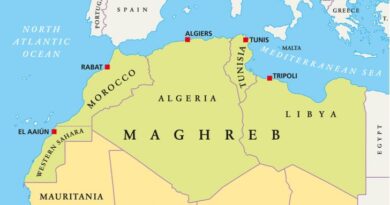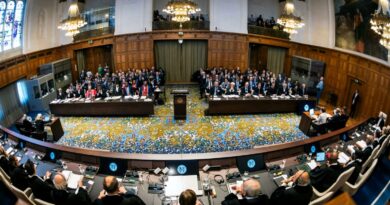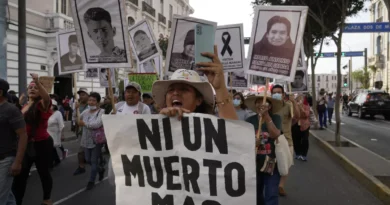Erdogan is once again unbeatable at the polls
RICARD GONZALEZ
Istanbul
Neither a battered economy with an inflation rate close to 50%, nor a devastating earthquake that exposed government corruption, nor a united opposition for the first time have been able to defeat Turkish President Recep Tayyip Erdogan, who is consolidating his hegemony of more than two decades. Certainly, this time the "sultan" could not seal his victory on the fast track in the presidential elections and will need a second round. However, having stayed at the gates of 50%, against 45% of his great adversary, Kemal Kiliçdaroglu, only an electoral cataclysm could prevent his victory on May 28. In the legislative elections, his coalition did obtain an absolute majority of the 600 deputies in the Turkish Parliament.
However, his triumph would not have been possible without the advantages granted by the semi-authoritarian system that he has been creating over the last decade by gradually undermining the foundations of the democratic system. Currently, all state institutions are serving the interests of the ruling party, the Islamist AKP. Thus, on public television, Erdogan's coverage in April totaled 33 hours, to Kiliçdaroglu's only 32 minutes.
Not even the Electoral Board escapes politicization and after the first round it decreed that the number of days in which Turks residing abroad can vote for consulates and embassies of a list of countries be reduced to two, in all of them , defeated Kiliçadoglu. In the rest, countries like Germany, France or Belgium, strongholds of the AKP, the period will be four days.
But beyond these advantages, there is no doubt that Erdogan has a very loyal electoral base that has allowed him to establish himself as the political leader who has left the most important imprint on Turkish society since the death of Ataturk, the father of modern Turkey. Growing up in a humble suburb of Istanbul in a family that emigrated from the heart of Anatolia, like millions of other people, the Islamist leader knows perfectly well the soul of his people, and when he plays, he unabashedly exploits their basest passions.
"The results validated Erdogan's strategy of using identity issues to retain voters dissatisfied with the economic situation," says political scientist Behardin Erdem. While the opposition insisted on criticizing Erdogan's economic policy, recalling that inflation exceeds 50%, the president preferred to appeal to national pride by inaugurating the first Turkish electric car, or boasting about the progress of the country's military industry. Likewise, he did not hesitate to demonize the opposition, often using false accusations or fanning old ancestral hatreds.
The Turkish president accused his adversary of not sharing "national and traditional values", a veiled reference to his condition as an Alevi, an Islamic minority that has historically suffered marginalization in Turkey, an overwhelmingly Sunni country. In addition, Erdogan falsely accused Kiliçdaroglu of having sealed an alliance with the PKK, the militia led by Abdullah Ocallan that has been fighting for the sovereignty of Kurdistan for more than four decades.
At his central campaign rally in Istanbul, which brought together more than a million people, he even broadcast a manipulated video -deepfake, in today's slang- in which PKK leaders were seen singing the campaign song of Kilicdaroglu. The truth is that the opposition leader, a rather gray political veteran, coordinated with the main Kurdish party, the HDP, which was not part of his six-party coalition, but declined to nominate a presidential candidate and called his followers to vote for him. During the campaign, more than 200 people linked to this party were arrested, and its leader, Salahattin Demirtas, languishes in prison despite the fact that the European Court of Human Rights has demanded his release.
These types of accusations and actions during the campaign gave wings to the ultra-nationalist and far-right discourse, hostile to any type of Kurdish claim and which is committed to the outlawing of the parties of this minority. The consequence was that these parties obtained excellent results in the legislative elections, as well as the ultra candidate in the presidential elections, Sinan Ogan, with more than 5%. His votes will now be decisive, so the second round is seen as an auction in Turkish nationalist terms, a bad deal to resolve the old "Kurdish question."
Be that as it may, Erdogan's victory is incontestable, and ensures that he can govern with hardly any ties for five more years. The most pessimistic in the opposition camp warned that a victory for Erdogan would put an end to any vestige of democracy. We will have to see it. The very high turnout, close to 90%, testifies to the attachment of the Turks to the ballot box, and could limit a deepening of the authoritarian drift of recent years.
In the foreign sphere, a continuist policy is to be expected. Due to the delicate economic situation, Erdogan has tried in the last two years to reconcile with all those economic powers that he offended, such as Saudi Arabia or the EU. Given how deep the hole is in which the Turkish economy finds itself, the “sultan” has little room for change. Thus, it is to be expected a Turkey that will maintain its commitment to strategic autonomy with respect to the West and NATO, but that will try to smooth things over with its traditional allies.

